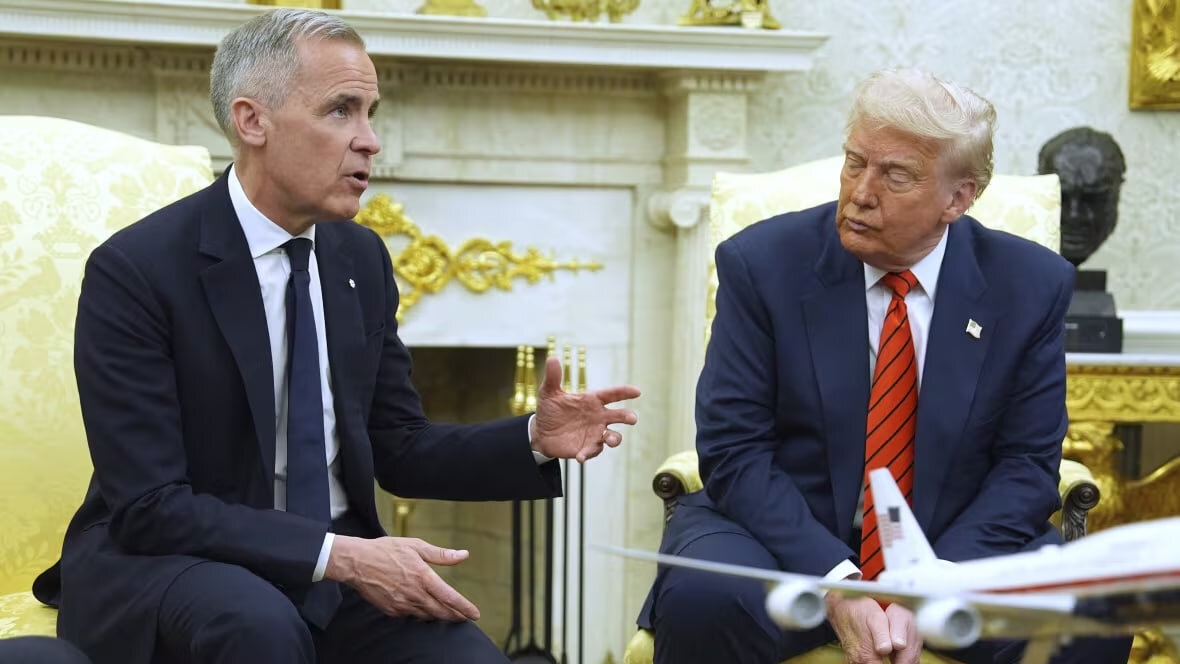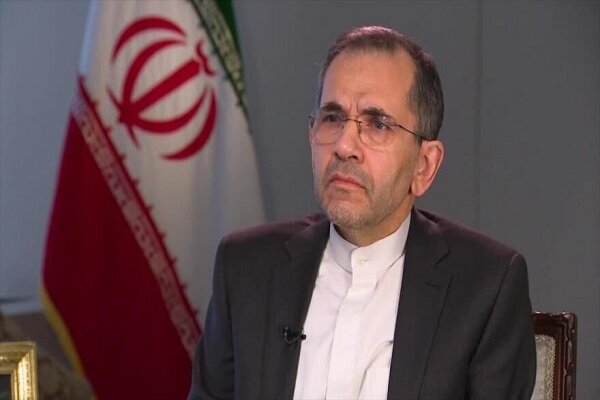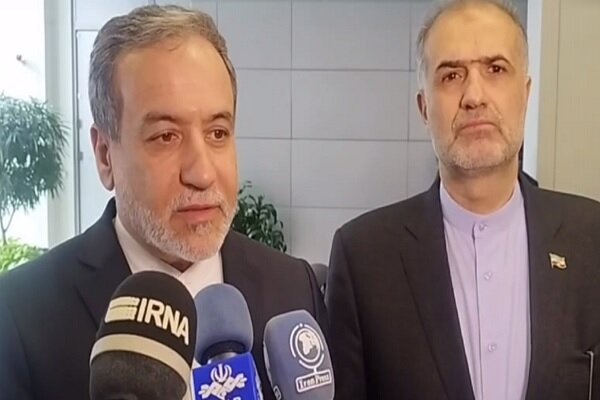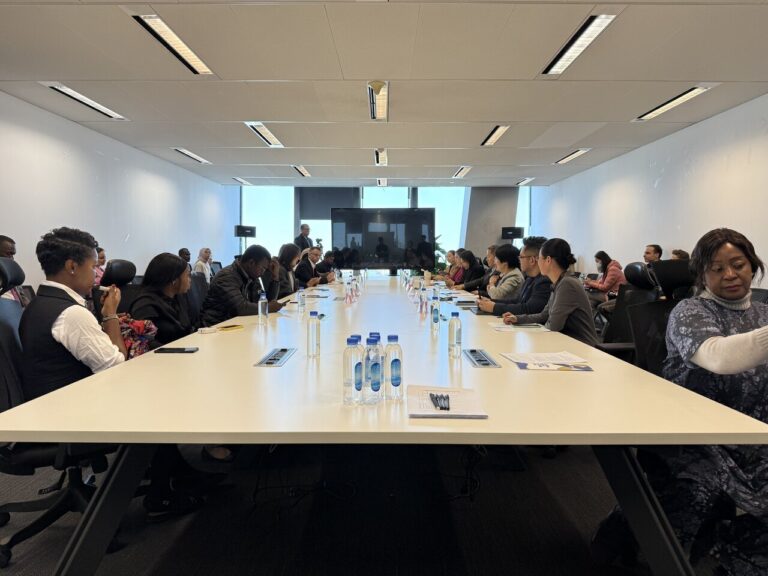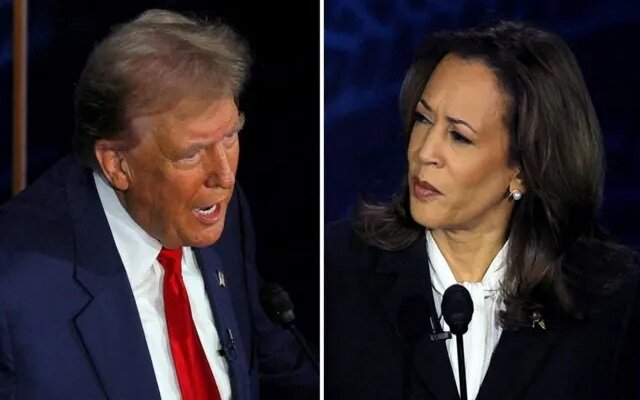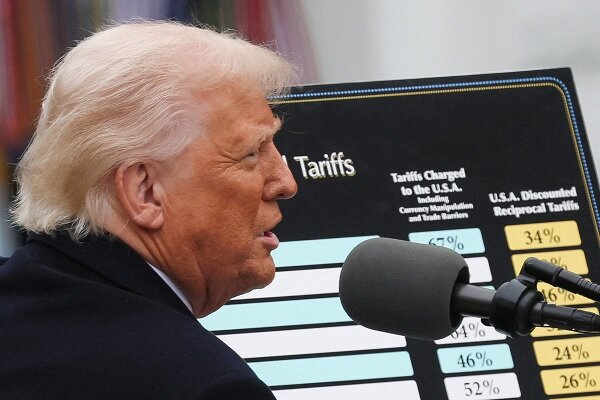Essential Insights from the Trump-Carney Meeting: Key Takeaways Revealed
In a recent high-stakes meeting, former President Donald Trump firmly upheld his tariff policy regarding Canada, asserting that no amount of persuasion from Canadian Prime Minister Mark Carney would lead him to rescind the tariffs currently imposed on Canadian goods. This meeting highlighted the ongoing tensions in U.S.-Canada relations while also shedding light on broader international trade dynamics.
Trump maintained that the United States has no need for imports of cars and steel from Canada, stating, “We’re making our own.” His stance was met with a strong rebuttal from Carney, who reiterated his message: “Canada will never be for sale.” This declaration of sovereignty played a crucial role in Carney’s recent electoral success. In a moment of levity, Trump quipped, “Never say never,” to which Carney humorously mouthed “never” to reporters, illustrating the complicated rapport between the two leaders.
Despite the tense subject matter, the initial atmosphere of the meeting was reportedly amicable. Trump expressed a desire for “friendship” with Canada, describing it as “a very special place.” Carney, in turn, labeled Trump as a “transformational president,” emphasizing the strength of the bilateral relationship when both nations collaborate.
During the discussion, Trump raised the possibility of renegotiating the United States-Mexico-Canada Agreement (USMCA), which was finalized during his first term and is set to expire next year. However, he expressed skepticism about the necessity of extending the free trade agreement, questioning whether it was even needed. Carney responded by stating, “It is a basis for a broader negotiation. Some things about it are going to have to change.” This exchange underscores the complexities surrounding trade relations between the two nations.
Moving beyond Canada, Trump commented on the economic situation in China, indicating that its economy is “suffering greatly” due to the tariffs he has imposed. He noted that China is eager to negotiate a trade deal to eliminate these tariffs, adding, “We will be meeting with them at the right time.” This remark highlights the ongoing tensions between the U.S. and China, as well as the intricate web of international trade relationships.
As Trump prepares for an upcoming trip to the Middle East, he hinted at a “very, very big” announcement expected to be made soon, stating it could occur “either Thursday or Friday or Monday.” He claimed this announcement would be “as big as it gets” and one of the most significant to emerge in recent years on a particular subject, though he did not provide further details.
Additionally, Trump addressed military actions in the Middle East, declaring that the U.S. would cease bombing the Houthis in Yemen “effectively immediately.” He explained, “They don’t want to fight, and we will honor that, and we will stop the bombings.” This statement marks a significant shift in U.S. military policy in the region, signaling a potential move towards de-escalation.
In conclusion, the meeting between Trump and Carney demonstrates the intricate balance of diplomacy, trade, and military strategy that defines U.S.-Canada relations and the broader international landscape. As both leaders navigate their respective priorities, the outcomes of these discussions could have lasting implications for trade agreements, military engagements, and international relations.
- Trump’s Firm Stance on Tariffs: He insists that the U.S. is self-sufficient in cars and steel.
- Canada’s Sovereignty: Carney emphasizes that Canada will never be for sale.
- USMCA Renegotiation: Trump is open to discussions but questions the necessity of an extension.
- China Trade Relations: Trump claims China’s economy is suffering due to U.S. tariffs.
- Middle East Policy Shift: U.S. will stop bombing the Houthis in Yemen immediately.
This evolving diplomatic landscape between the U.S. and its allies is critical to monitor, as the decisions made today will shape the future of international relations and trade agreements.
